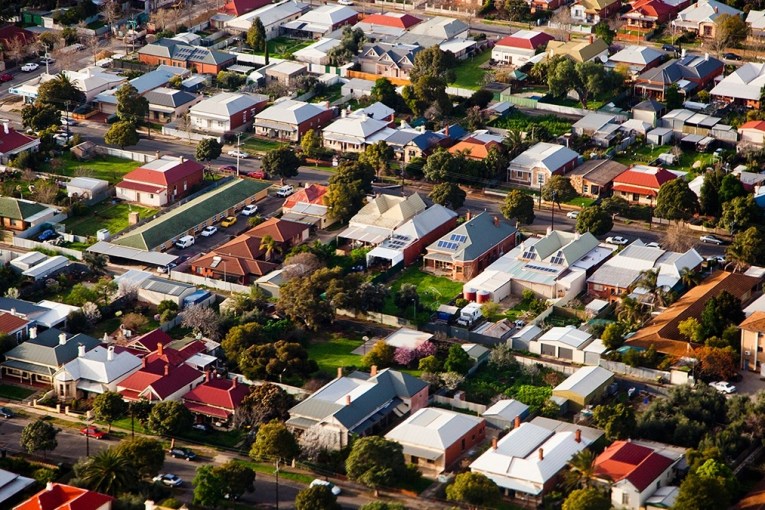The case against commissions: What your real estate agent won’t tell you


A study found being hyper-informed about investments didn't make people more successful investors. Photo: Getty
Are real estate agents’ commissions worth it or a rip-off?
The case of a 93-year-old Victorian woman stung with an $81,616 commission fee has added fuel to the long-running debate over the best way to sell a home.
In 2017, 93-year-old Marika Sutherland contracted a local agent to sell her long-time home in the popular beachside Melbourne suburb of Beaumaris, where the median house value is $1.7 million.
Under the tiered commission agreement, the real estate agent charged a commission of 2.2 per cent of the property’s sale price, plus 50 per cent of the sale price over the sum of $1,278,000.
The house sold for $1,385,000 within a matter of weeks, resulting in close to six per cent of the property’s sale price going to Bentleigh-based selling agent Globe Real Estate.
When Mrs Sutherland’s son Greg found out about the agreement he was furious.
According to Mr Sutherland his elderly mother was taken advantage of through a “blatantly unfair” commission agreement.
“I confronted the agent about it and she just said ‘Bad luck. Your mum signed it. Get a solicitor’,” Mr Sutherland told The New Daily.
“They didn’t care.”
The Supreme Court of Victoria last month ordered Globe Real Estate to reimburse Mrs Sutherland.
In a damning critique of the agents’ behaviour, judge Mark Derham said no rational person “if properly in possession of their senses” would enter into a commission agreement of that kind.
While the amount of commission charged by real estate agents varies around Australia, most agents charge between 2 and 2.5 per cent of the sale price.
In the past two years, flat-fee agencies have entered the market, offering to market and sell properties for flat rates ranging from around $6000 to $9000.
In fact, the researchers found that in general “cheaper flat-free brokers sell houses faster, and at a higher price”.
Real Estate Institute of Australia president Malcolm Gunning is a staunch opponent of the flat-fee model, arguing it “takes away incentive” for agents to work hard and achieve the best sale price.
But Mr Gunning also criticised the commission arrangement in the Sutherland case as “taking advantage” and “opportunism at its worst”.
“If [real estate agents] are going to be calling ourselves a profession we should be acting in the best interest of the client, and be charging a fee that’s reasonable,” Mr Gunning said.
A recent study by the Governance Institute of Australia found real estate agents, and mortgage brokers, are perceived as some of the least ethical professionals in Australia.
‘Nobody buys a home because of a real estate agent’
Property marketing specialist David Kaity believes real estate agent commissions are unethical and should be abolished.
His case against commissions is simple.
“Nobody buys a home because of a real estate agent,” he said.
“There’s a process that leads someone to decide to buy. You can’t sell anyone a home.”
Mr Kaity dismissed the notion that commission-based payment motivates agents to achieve the highest sale price as a “myth”.
“Commission is probably the worst incentive you can imagine for an agent to achieve the highest sale price,” he said.
“For every $10,000 a property makes, an agent gets around 2.5 per cent commission. Most agents who work for a franchise only receive 40-50 per cent of a commission, so it only costs an agent $125 to convince you to take 10 grand less to get a quicker sale. So for agents it doesn’t really matter.”
According to Mr Kaity, selling with a real estate agent is “one of the most expensive mistakes” a home seller can make.
“Maximising how much you pocket can only be achieved with a combination of the highest sale price at the lowest cost.”
Preparation and presentation are key, he said, followed by pricing, promotion, and lastly, negotiation.
“Selling a home you’re living in is not convenient. If it feels convenient, that’s a sign you’re leaving tens of thousands of dollars on the table,” Mr Kaity said.
“To get top dollar you need to essentially be marketing a display home, and living in a display home is incredibly inconvenient.”








